If you’re dreaming of a healthier, more vibrant garden without relying on harsh chemicals, natural fertilizers might be exactly what you need. Sourced from organic materials, they enrich your soil, support long-term plant health, and are kinder to the environment. In this article, we’ll walk you through the top natural fertilizer options, their benefits, and how to use them effectively in your own garden.
And if you're looking for trusted, high-quality products—GS Plants Food offers a wide selection of natural fertilizers that make sustainable gardening easier than ever.
Understanding Natural Fertilizers
Natural fertilizers are substances derived from natural sources to enhance soil fertility and plant growth.
Unlike synthetic fertilizers, which are produced industrially, natural fertilizers typically contain a broader variety of nutrients that support soil microbiology and plant health without the risk of synthetic fertilizer toxins.
Inorganic fertilizers also play a role in providing essential nutrients to plants. Natural fertilizers provide a sustainable option for maintaining soil health.
These organic products condition, revitalize, and sustain plant growth effectively, making them a more sustainable and environmentally friendly alternative to chemical fertilizers. They not only nourish plants but also improve soil structure, providing essential nutrients in a natural form, including how organic fertilizers nourish.

Why Choose Natural Fertilizers?
Choosing natural fertilizers over synthetic ones has numerous benefits for both your garden and the environment.
Natural fertilizers have a lower environmental impact, promoting healthier ecosystems and supporting long-term sustainability by conserving resources.
The organic fertilizers advantages are evident in their ability to enhance soil health and fertility.
Moreover, natural fertilizers improve soil structure by enhancing water movement and supporting beneficial microbes.
This results in healthier soil, which is crucial for plant health and long-term sustainability. Using natural materials instead of chemical fertilizers reduces the risk of over-fertilizing and protects local ecosystems from synthetic toxins.
Assessing Your Soil Needs
Understanding your soil’s properties is crucial before choosing natural fertilizers.
Soil testing reveals critical information about nutrient content and pH levels, guiding your fertilizer choices to ensure optimal plant growth. Different soil types have unique nutrient profiles and drainage capacities, significantly impacting how plants grow.

Interpreting soil test results can help you identify nutrient deficiencies, pH imbalances, and other issues that need addressing before planting.
Specialty natural fertilizers, like wood ash, can correct pH imbalances, showing how a tailored approach can enhance soil health and nutrient balance.
Top Natural Fertilizer Options
When it comes to natural fertilizers, several options stand out for their effectiveness and accessibility.
Compost, grass clippings, and manure are among the top choices, each offering unique benefits to enhance your garden’s health and productivity.
Compost
Compost is decomposed organic matter, such as food scraps, yard waste, and leaves, that feeds the soil microbiome and improves soil structure through the decomposition process.
It provides slow-release nutrients, ensuring a steady supply of essential elements for plant growth. Adding crushed eggshells to compost can even help with pest control around seedlings.

Creating your own compost using kitchen scraps and yard waste is a cost-effective way to produce a rich, natural fertilizer.
This not only supports plant health but also contributes to a healthier soil ecosystem, making your garden thrive without relying on chemical fertilizers.
Grass Clippings
Grass clippings are an excellent source of nitrogen, which promotes vigorous plant growth and healthy foliage.

When using grass clippings, spread them thinly around plants or add them to compost to avoid matting and ensure effective decomposition.
Manure
Manure from various animal sources, such as cows, horse manure, and chickens, offers distinct nutrient profiles beneficial for plant growth.
However, it’s crucial to use aged or composted animal waste to prevent plant damage from high salt content and potential pathogens.

Proper application is key to avoiding over-fertilizing, which can lead to nutrient runoff and soil degradation.
Aged manure not only enhances soil tilth but also releases nutrients gradually, supporting a healthier, more sustainable garden.
Specialty Natural Fertilizers
Beyond the common options, specialty natural fertilizers like bone meal, wood ash, and coffee grounds provide targeted nutrients that can address specific plant needs and enhance overall garden health.
Bone Meal
Bone meal is rich in phosphorus, essential for strong plant roots and vibrant flowers.
Mix it into the soil around plants before planting or sprinkle over the soil and lightly rake it in to ensure proper application.
Wood Ash
Wood ash supplies nitrogen phosphorus and potassium and raises soil pH, which can benefit nutrient uptake for plants.
Use only ash from untreated wood and avoid applying it to acid-loving plants to prevent any adverse effects.
Coffee Grounds
Coffee grounds are a great source of nitrogen and potassium, essential for plant growth.

They can be added to compost, sprinkled around plants, or diluted with water to create a nutrient-rich liquid fertilizer.
DIY Natural Fertilizer Recipes
Creating your own natural fertilizers is not only rewarding but also environmentally friendly.
Here are some easy DIY recipes to get you started.
Banana Peel Fertilizer
Banana peels are rich in potassium, which is beneficial for overall plant health. Chop banana peels and soak them in a jar of water for three days to create banana peel fertilizer.

The resulting liquid can be used as a nutrient boost for your plants.
Eggshell Water
Eggshell water provides calcium and a small boost of nutrients. Use leftover boiling water from eggs, let it cool, and then water your plants with it.

This simple solution helps to maintain healthy soil and plant structure.
Vegetable Water
Leftover vegetable water, such as potato water, contains starch and beneficial nutrients that can enrich your garden soil.

Use it fresh to minimize odor and avoid any sour smell, ensuring your plants get a quick nutrient boost.
Cost-Effective Gardening with Natural Fertilizers
Using natural fertilizers can significantly reduce your gardening costs. Creating your own fertilizers from kitchen scraps and yard waste saves money on store-bought products.
Composting food scraps like fruit peels and coffee grounds not only enriches your soil but also helps capture carbon, reducing your garden’s carbon footprint.
Weeds can also be transformed into a nutrient-rich ‘tea’ when steeped in water, providing an economical fertilizer option.
Enhancing Soil Ecosystems
Natural fertilizers play a crucial role in enhancing soils ecosystems.
Introducing organic matter improves soil structure, promotes microbial activity, and supports long-term soil health.
Beneficial Microorganisms
Beneficial microorganisms are essential for maintaining soil health and facilitating nutrient cycling.
Natural fertilizers enhance the population of these soil microbes, including soil bacteria, supporting the decomposition of organic matter and releasing essential nutrients for plant growth.
Cover crops can further support beneficial microorganisms by adding organic matter to the soil, preventing erosion, and improving soil structure.
Cover Crops
Cover crops, such as clover, vetch, and peas, are grown primarily to improve soil health and fertility rather than for harvest.
They enhance soil structure, increase organic matter content, and support beneficial microorganisms, contributing to a healthier ecosystem.
Leguminous cover crops, in particular, can fix nitrogen from the atmosphere, providing a natural source of this essential nutrient for subsequent crops.
Sustainable Gardening Practices
Integrating natural fertilizers into your gardening practices enhances sustainability and promotes ecological balance.
These practices support biodiversity, reduce chemical runoff, and contribute to the overall health of soil ecosystems.
Natural materials and organic solutions in gardening greatly reduce environmental impact.
These practices promote microbial diversity, improve soil structure, and boost plant resilience to diseases and environmental stress, utilizing organic materials effectively.
Sustainable gardening practices are essential for reducing the ecological footprint and enhancing garden productivity.
Summary
Natural fertilizers offer a multitude of benefits for both your garden and the environment. From improving soil health and supporting beneficial microorganisms to reducing costs and promoting sustainability, these organic solutions are indispensable for a thriving garden.
Embrace natural fertilizers and sustainable practices to cultivate a garden that flourishes while respecting the planet.
Explore our line of fertilizers at GS Plants Food — you’ll find high-quality, plant-friendly options made to nourish your garden naturally, boost growth, and keep your soil thriving season after season.
Frequently Asked Questions
Why should I choose natural fertilizers over synthetic ones?
Choosing natural fertilizers is beneficial for the environment, enhances soil structure, and supports beneficial microorganisms, leading to healthier and more sustainable soil.
How can I determine the right natural fertilizer for my garden?
To determine the right natural fertilizer for your garden, conduct a soil test to assess nutrient content and pH levels. This information will help you make informed choices about the best fertilizer for your plants.
Can I use kitchen scraps as a natural fertilizer?
Absolutely, kitchen scraps such as fruit peels and coffee grounds can be composted to produce nutrient-rich natural fertilizers that enhance your soil. This approach not only benefits your garden but also reduces waste.
What are the benefits of using compost in my garden?
Using compost in your garden enhances soil structure, nourishes beneficial microorganisms, and delivers slow-release nutrients, all of which contribute to healthier plants and improved growth.
How do cover crops benefit my garden?
Cover crops significantly enhance your garden by improving soil health, fertility, and structure while supporting beneficial microorganisms, creating a more resilient ecosystem.
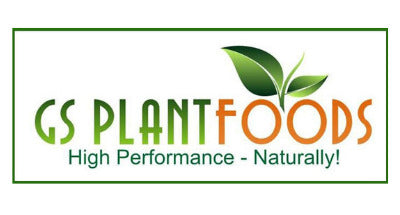
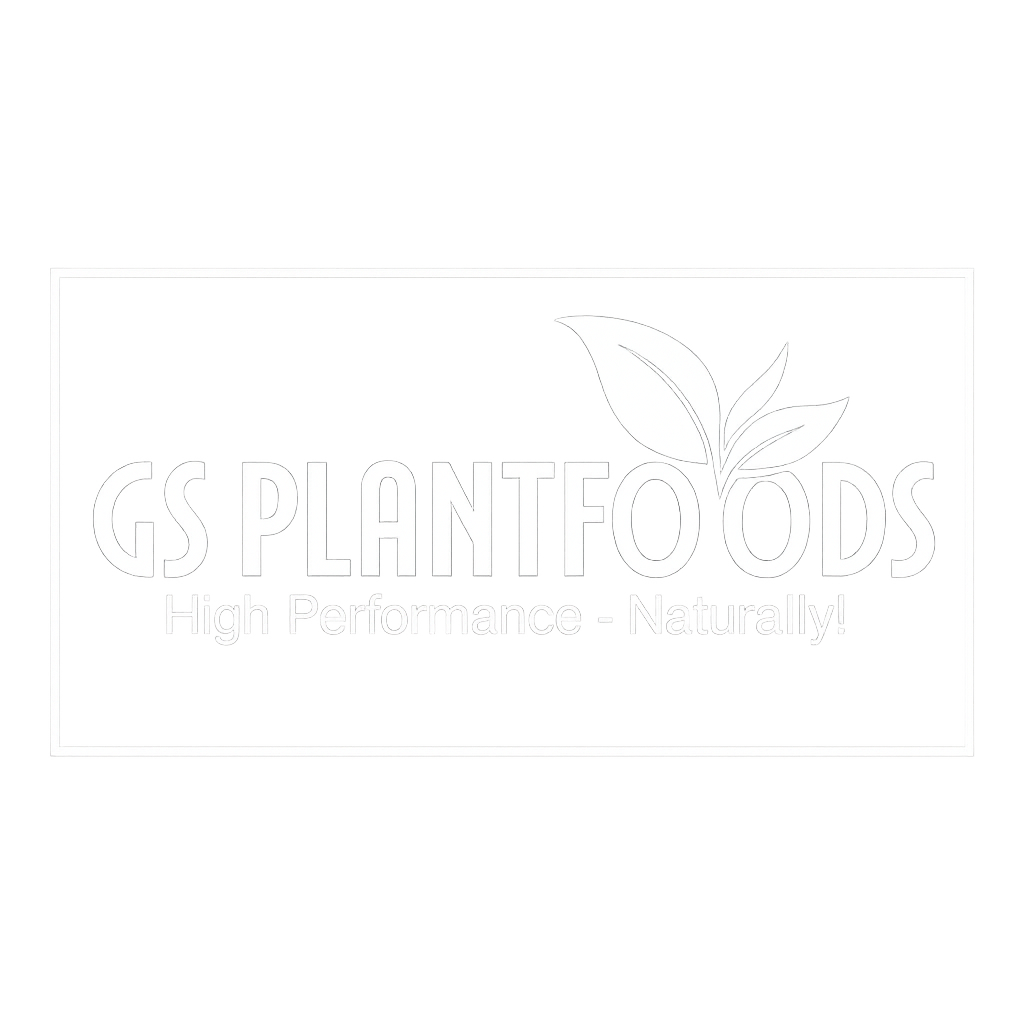
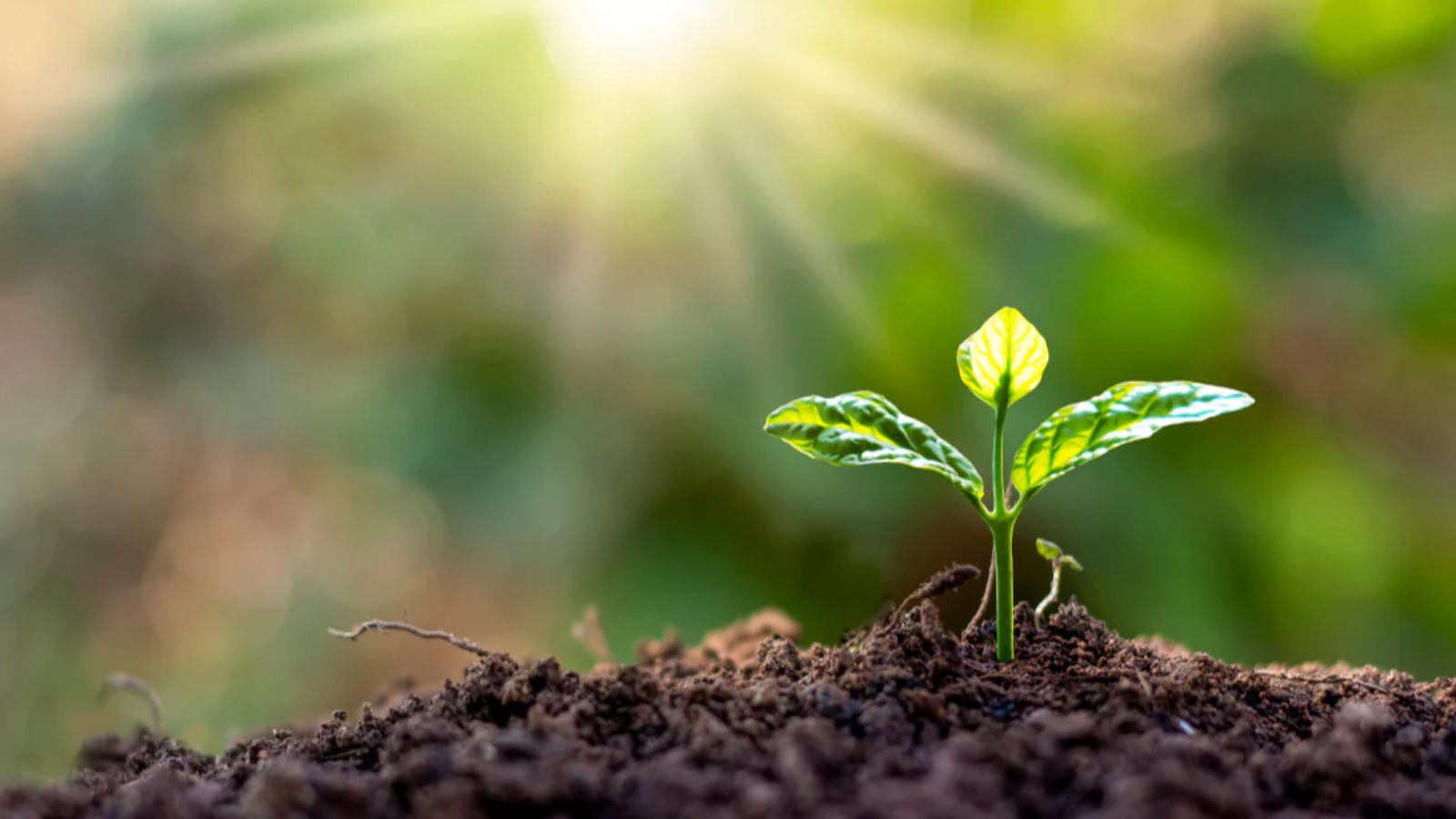
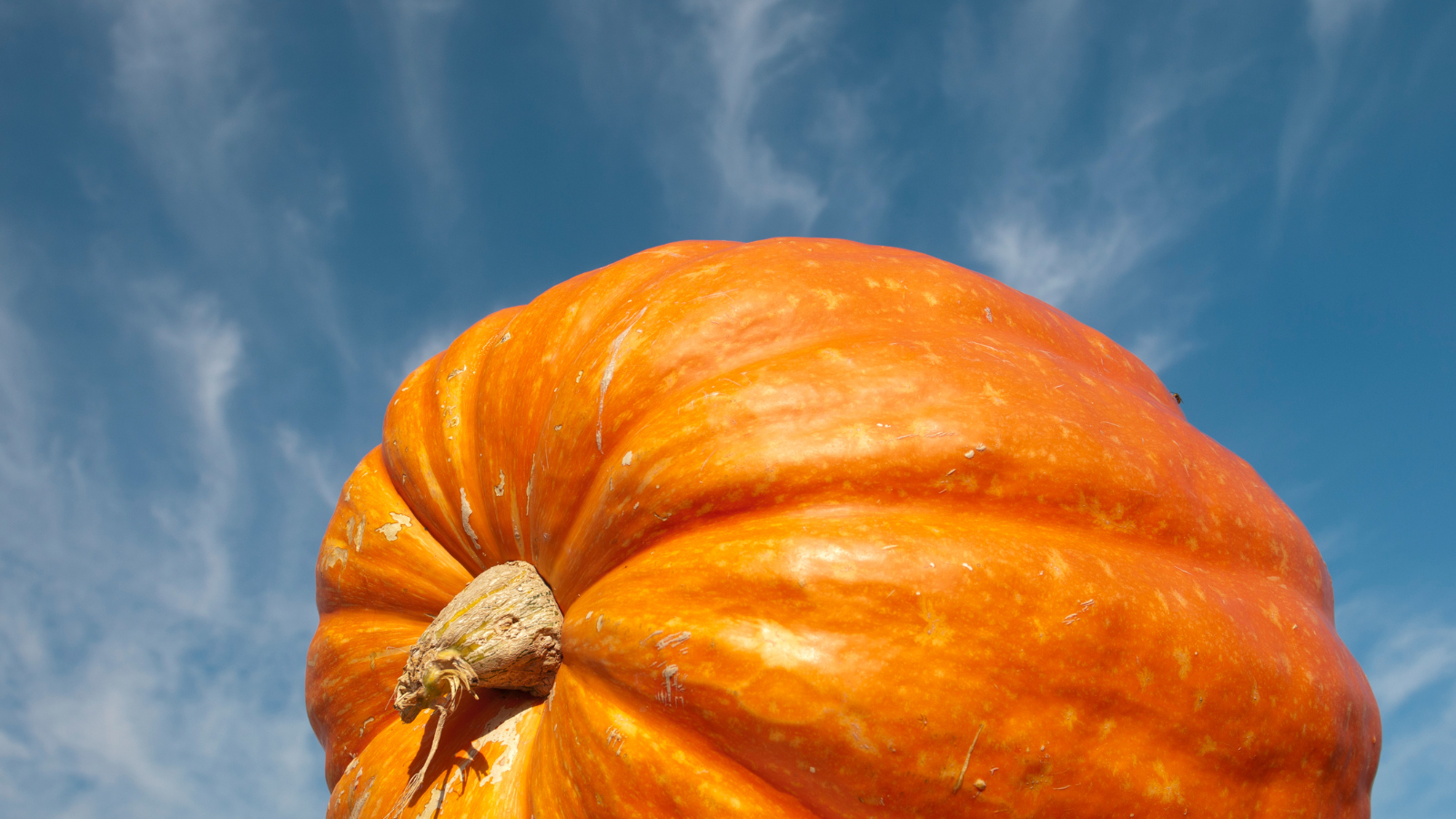
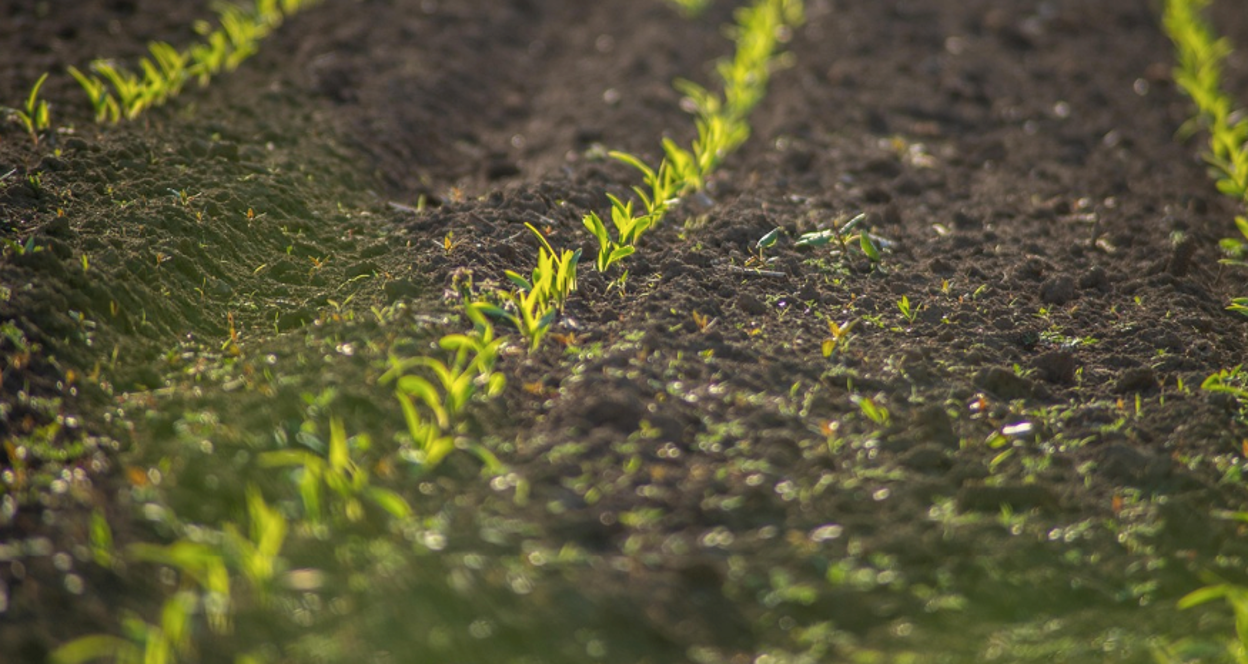
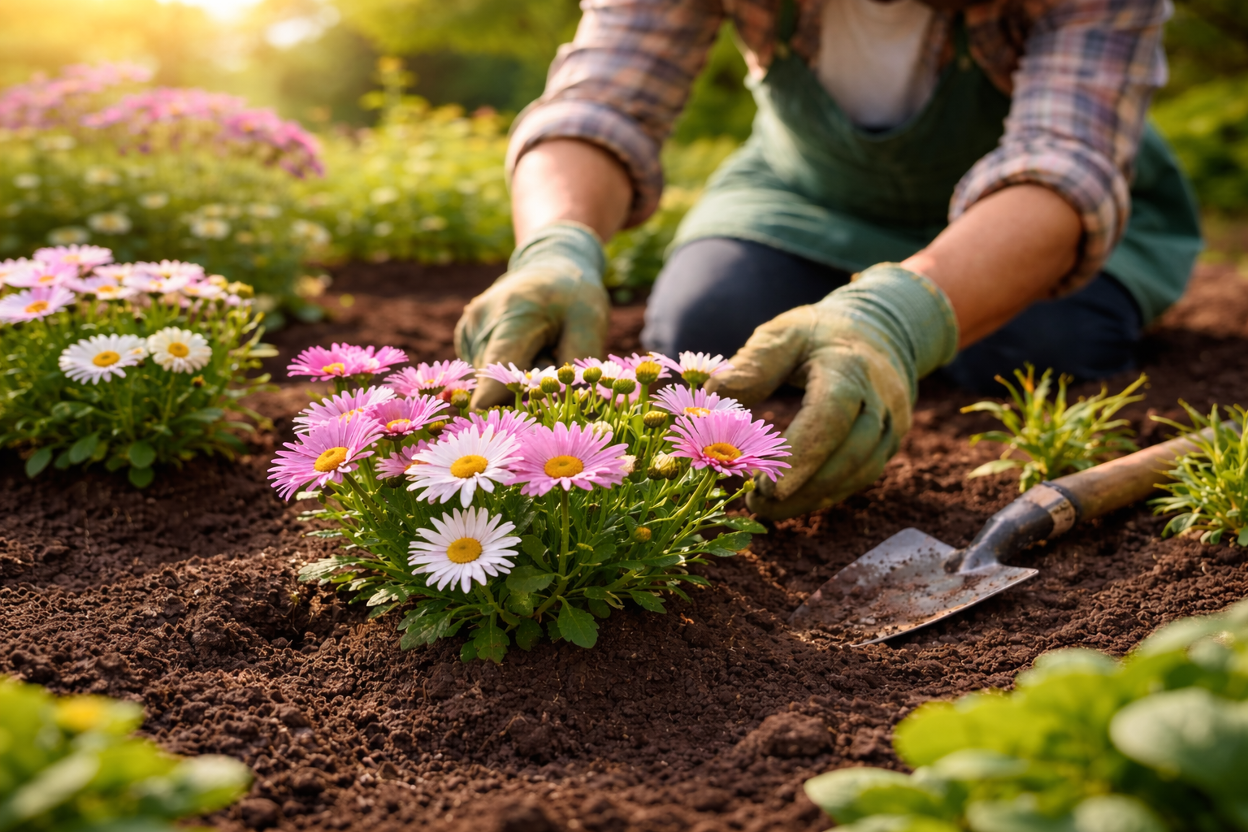
Share:
Top Reasons to Switch to Organic Liquid Fertilizer